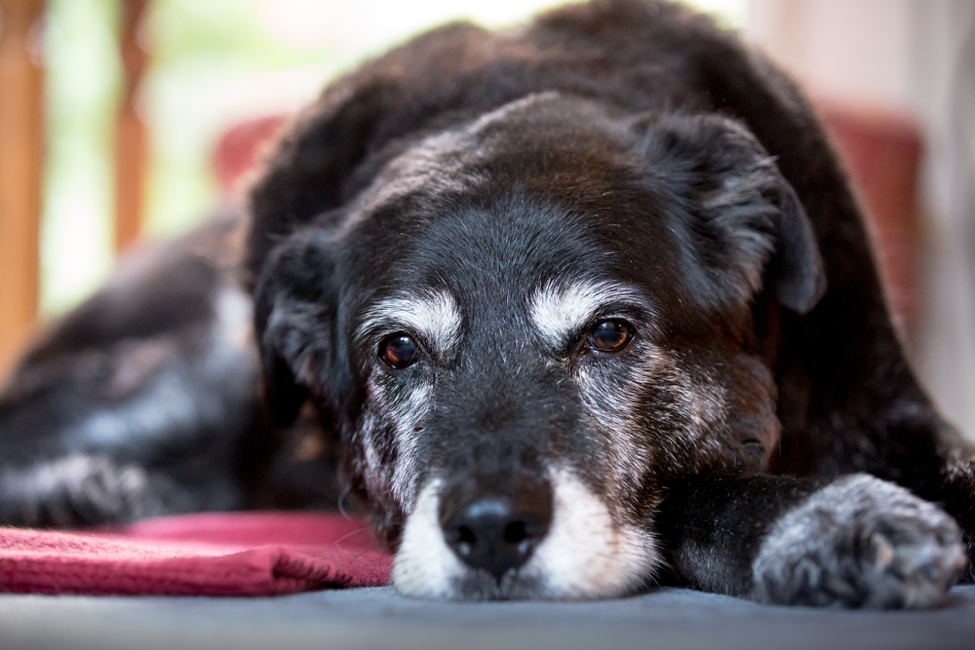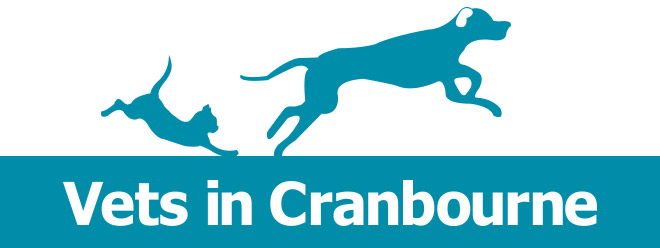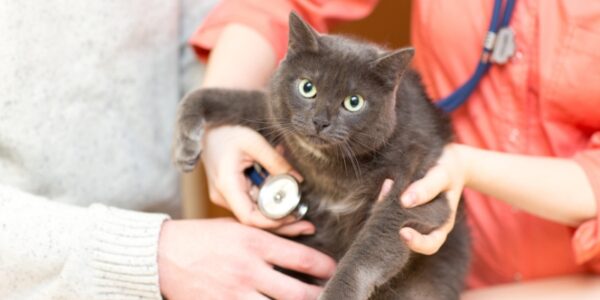
How To Feed Your Senior Dog
Just like humans, dogs are living much longer than they did in the past. There are many different reasons for this, but the most important factor is nutrition. Dog food has come a long way in the past 30 years, and resulted in new generation of happier, healthier pooches. But as your dog enters old age (the last third of their normal life expectancy), it’s important to ensure that their diet is adapted to suit the changing needs of their bodies. In this week’s article, we’ll be sharing tips and tricks to feed your senior dog so that they stay healthy and happy throughout their golden years.
What happens as dogs age?
There are quite a few changes that occur as our pets age; much like us, their bodies start to deteriorate. Common age related deterioration in older dogs can include hearing and vision loss, reduced muscle mass and arthritis. There may also be behavioural changes, such as restless sleep, being easily startled and urinary incontinence. Obesity can also become an issue as older dogs tend to be less active. All around, dogs are more vulnerable in old age. That’s why it’s so important to pay special attention to their diet.
What does a senior dog diet look like?
Because weight gain is common in senior dogs, their diets must be lower in calories, while retaining the same levels of protein, fat and fibre to promote health and vitality. For some dogs, this may mean continuing their same diet plan as when they were younger, and simply reducing their intake. Fibre is especially important for older dogs, as they are more prone to constipation- it’s recommended that fibre constitutes around 3% – 5% of their diet. Consider adding wheat bran- it’s a great option to up the fibre!
Nutrition can also play an important role in managing chronic diseases in senior dogs. For example, older dogs suffering from kidney disease can benefit from a specialised diet with significantly reduced protein. The best way to determine whether your senior dog may benefit from a specialised diet is with a routine blood test which your local vet can perform.
Should I include supplements?
The answer to this question really depends on your dog and their needs. Each senior dog will have their own specific nutritional needs which can be addressed through supplements. For aging dogs suffering from joint pain, glucosamine and chondroitin supplements can help to alleviate stress and aches.
As always, if you’re not sure how to feed your senior dog, consult your local veterinarian. Vets In Cranbourne are experienced pet professionals, and can help you to determine what’s best for your dog, especially when it comes to weight management. Get in touch by calling 03 5995 3444 for more information.



